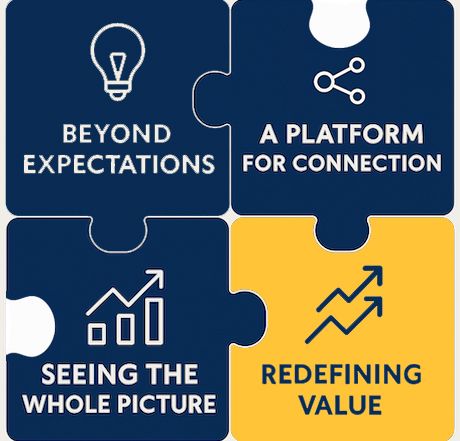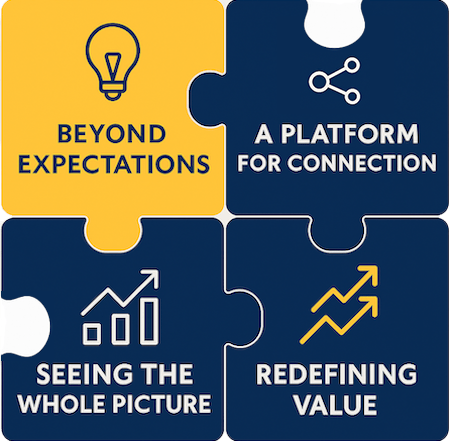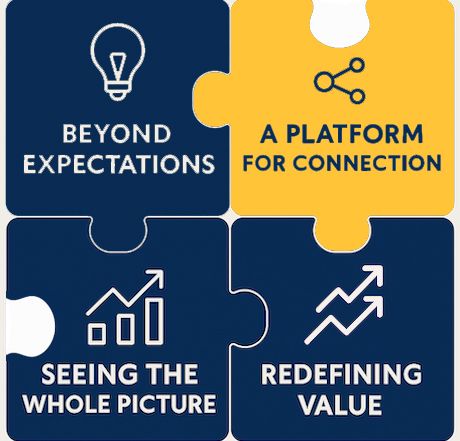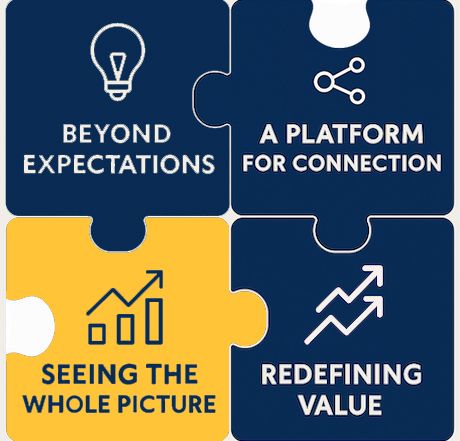Last in a 4-part blog series about surprising wins Webster County Health (Iowa) achieved as they implemented their public health electronic record (EHR) system.
Blog Series
Part 4: EHR as Public Health Improvement Tool
From Documentation to Agency-Wide Value
Adopting an EHR often starts with a desire to improve documentation or reporting. But in the right circumstances, it becomes much more. An EHR can be a springboard for rethinking how public health services are delivered.

At Webster County Health Department, Breanna Case noted that once staff saw the system’s flexibility, they began contributing ideas for improvements themselves.
“Staff realized the system was flexible,” Breanna shared. “They started asking, ‘How can this better support our work?’ That shift was the real magic.”
How EHRs Inspire Organizational Learning
Technology alone doesn’t create transformation — it’s the culture built around iteration, feedback, and continuous improvement. As noted in the Journal of Public Health Management & Practice, health information systems can foster deeper organizational learning, especially when people see data as a tool for improvement rather than mere recordkeeping.
Impacts You Didn’t Plan For
Because the EHR aligned with agency workflows, Webster County began discovering unplanned benefits:
- Consistent data capture across programs.
- Insights combining multiple program data.
- Staff engagement in refining workflows.
- Increased confidence in using data for decision-making.
Turning an EHR Tool into Transformation
To make an EHR truly transformative, agencies should build in:
- Feedback loops (staff input, usage data).
- Iterative design (adjustable forms, evolving workflows).
- Empowering training (teaches improvement, not just use).
- Data transparency (so staff see their impact).
When software becomes part of the agency’s strategic culture, it drives alignment, innovation, and stronger health outcomes across the community.
Watch a short excerpt from the full webinar video below:
